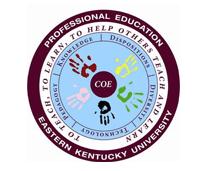Abstract
Student performance remediation is an ongoing issue in higher education due to the need for student retention. However, remediation is costly. For example, it is estimated the total annual cost of remedial courses across all types of higher education in 1998 was between one and two billion dollars. In the current financial environment, these additional costs will likely come under increased scrutiny. This study employed empirical research methods on undergraduate participants in order to explore the effect of student self-remediated learning as evidenced by pre- and posttest scores, and to provide research-based recommendations for educators charged with course delivery or management of remediation programs. Specifically, a repeated-measures analysis of variance was conducted in order to explore the extent to which exam scores could be predicted based on student term as well as course section. The results of the analysis did not indicate that either measures of student term or course section were significantly associated with exam scores. Observed power was found to be very low with regard to these effects, indicating a low probability that significant effects would be found even if they do exist in the larger population. Thus, student self-remediation without instructor involvement provided a larger increase between pre- and posttest scores than student self-remediation with instructor involvement.
Recommended Citation
Ciampa, Mark and Revels, Mark
(2013)
"The Effect of Self-Remediation Activities on Undergraduate Student Retention,"
Journal of Excellence in College Teaching and Learning: Vol. 10, Article 7.
Available at:
https://encompass.eku.edu/kjectl/vol10/iss2012/7

